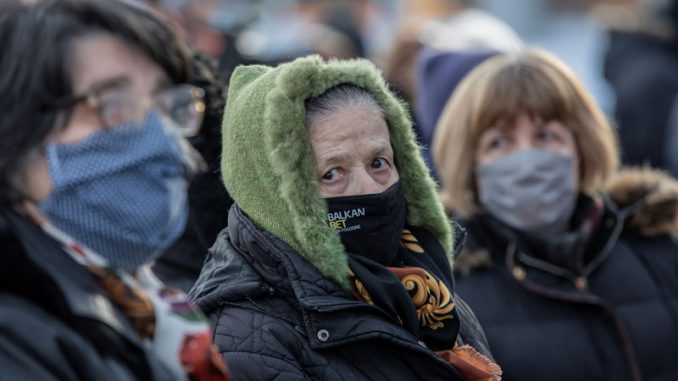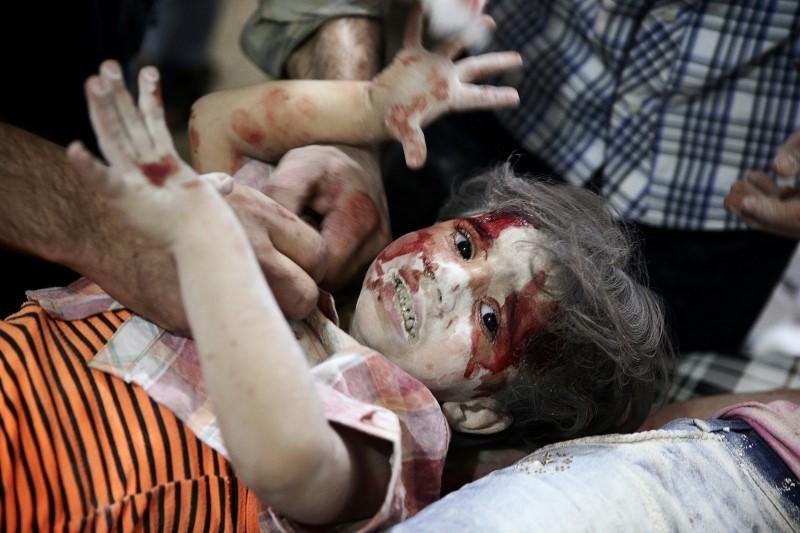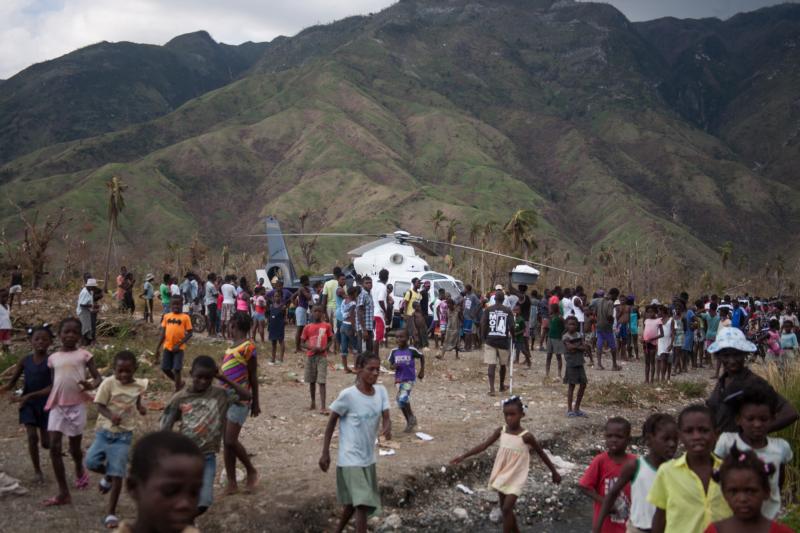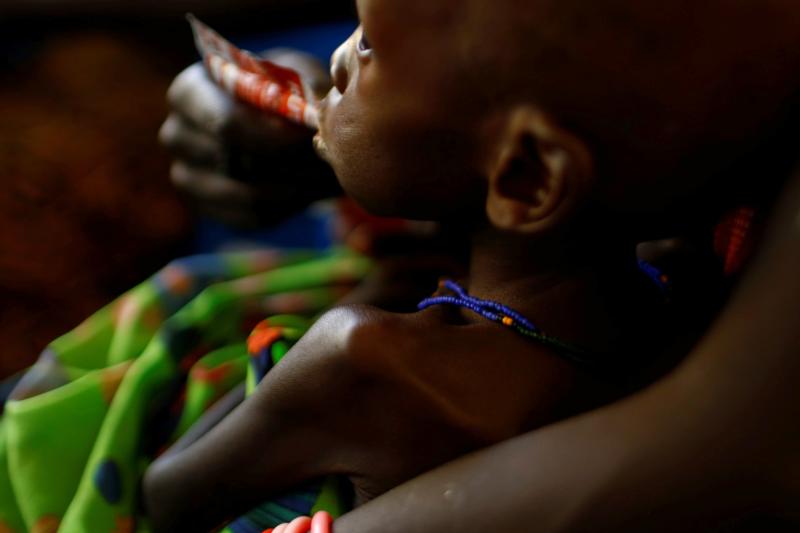
Caritas Internationalis, a confederation of 165 Catholic relief, development and social service organizations operating in over 200 countries worldwide, is calling for greater solidarity to ensure that the COVID-19 vaccines are made available to everyone, especially the most vulnerable.
“The access to vaccines around the world has been inequitable so far,” Caritas noted in a statement issued on Feb. 5. The statement points in particular to supply issues that make it difficult for communities in the global south to procure vaccines.
Caritas maintains that “the current vaccines crisis must be seen in the wider context of the global health situation,” arguing that caring for “the poor, the minority, the refugees, the marginalized” is a “moral priority because abandoning them puts the global community at the risk.”
However, as vaccines “have become the focus of attention and much hope,” richer nations in the global north, which have largely financed vaccine development, “are now waiting for the return on their investment.” Caritas says this has led to “a kind of self-focus of the North, shown in nationalism and protectionism,” while “the global South, where the majority of the poor live, is left out.”
In the face of this disparity, Caritas says, “political leaders must look beyond the interests of their own nations and political groups,” and recognize that “this pandemic is a global human security problem that threatens the whole human family.” Given this context, the statement says, “The international community must have a holistic, multi-stakeholder approach to avoid the danger of the pandemic getting out of hand in the global South which may then lead to a global humanitarian crisis again.”
Specific proposals
Based on these principles, and “in line with the observations made by the Dicastery for Promoting Integral Human Development,” Caritas calls specifically for a number of actions including:
– A meeting of the UN Security to address the issue of access to vaccines as a global security problem;
– Debt remission for the poorest nations, with the funds used to upgrade medical and health systems in those countries;
– Promotion of local production of vaccines in Africa, Latin America, and Asia, with the goal of making vaccines available in the next six months;
– The allocation of financial and technical resources to civil society organizations and especially Faith-based Organizations to assist local communities.
Living the miracle of charity
“Vaccines are a means to respect and save the ‘Gift of Life’,” says Caritas. “Since every life is inviolable, nobody must be left out.” The statement notes, too, that “our collective well-being depends on how we care for the least.”
In this “crucial moment,” says Caritas, we have “an opportunity to live the miracle of charity and save the globalized world together.”



